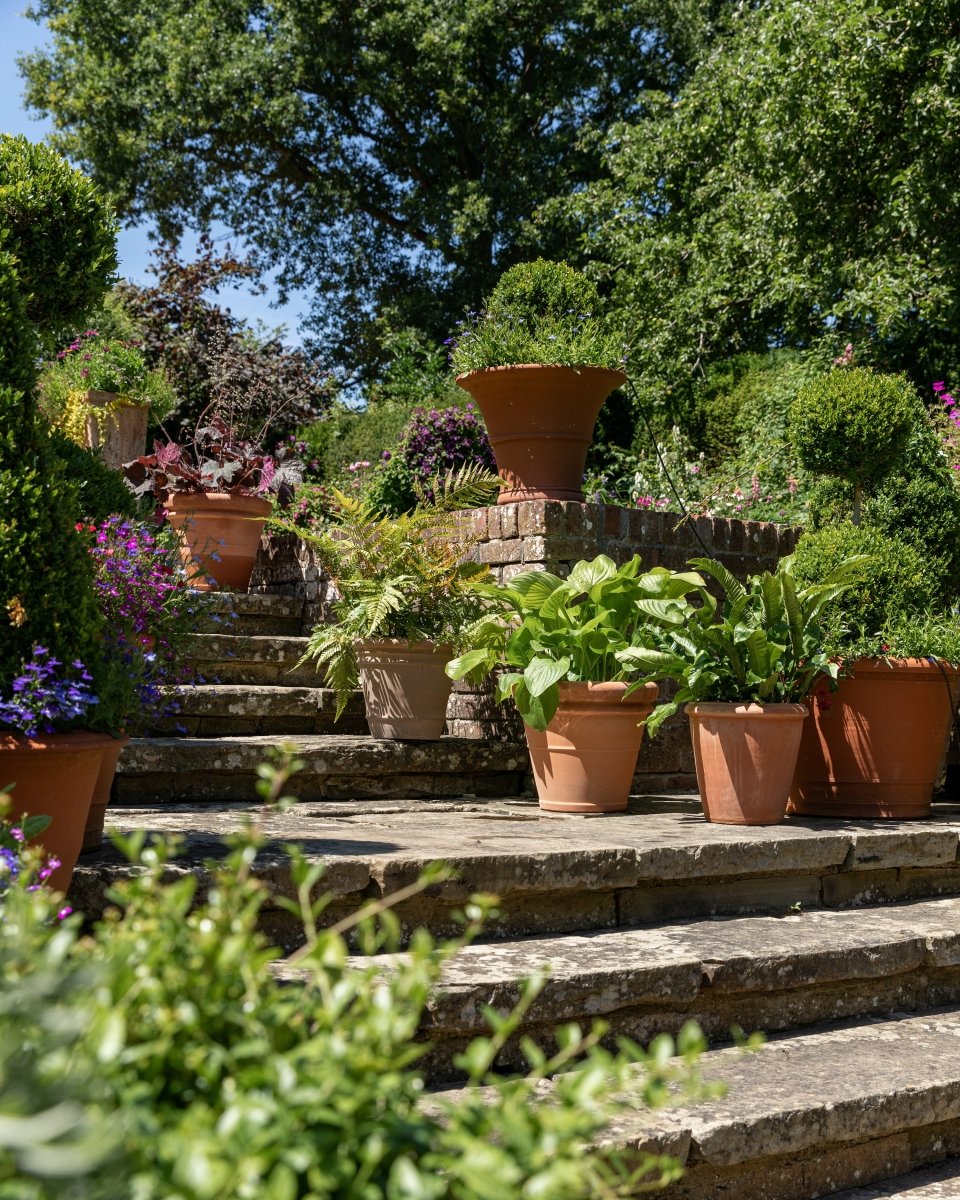Chamaedorea Elegans (Parlour Palm) Care Guide
The Chamaedorea Elegans, commonly known as the Parlour Palm, is a popular indoor plant due to its elegant, feathery fronds and low-maintenance care needs. Here's how to ensure it thrives:
Light Requirements
- Ideal: Bright, indirect light.
- Tolerant of: Low light, making it great for dimly lit spaces.
- Avoid: Direct sunlight, which can scorch the leaves.
Watering
- Frequency: Water when the top 2-3 cm of soil is dry to the touch.
- Amount: Ensure the soil is evenly moist but never waterlogged.
- Winter: Reduce watering frequency, as the plant grows more slowly.
Humidity
- Preferred Level: Moderate to high humidity.
-
Tips to Increase Humidity:
- Mist the leaves occasionally.
- Place a tray with water and pebbles near the plant.
- Use a humidifier in particularly dry environments.
Temperature
- Optimal Range: 18–24°C.
- Avoid: Temperatures below 13°C and cold drafts.
Soil
- Type: Well-draining potting mix.
- Additives: A mix containing peat and perlite or sand works well.
Fertilisation
- Frequency: Feed with a balanced liquid fertiliser once a month during the growing season (spring and summer).
- Pause: No fertilisation during autumn and winter.
Repotting
- Timing: Every 2-3 years or when the plant becomes root-bound.
- Pot Size: Increase by one size, ensuring good drainage.
Pruning
- Occasion: Trim yellow or brown fronds to maintain its appearance.
- Tools: Use clean, sharp scissors to avoid damage.
Pests and Problems
-
Common Pests: Spider mites, mealybugs, and scale insects.
- Solution: Wipe leaves with insecticidal soap or neem oil.
-
Other Issues:
- Brown tips: Likely due to low humidity or overwatering.
- Yellow leaves: Often a sign of overwatering or nutrient deficiency.
Pet and Child Safety
- Toxicity: Non-toxic to cats, dogs, and humans.
By providing the Parlour Palm with the right environment and care, you’ll have a lush, vibrant plant that enhances your indoor space for years to come.





















